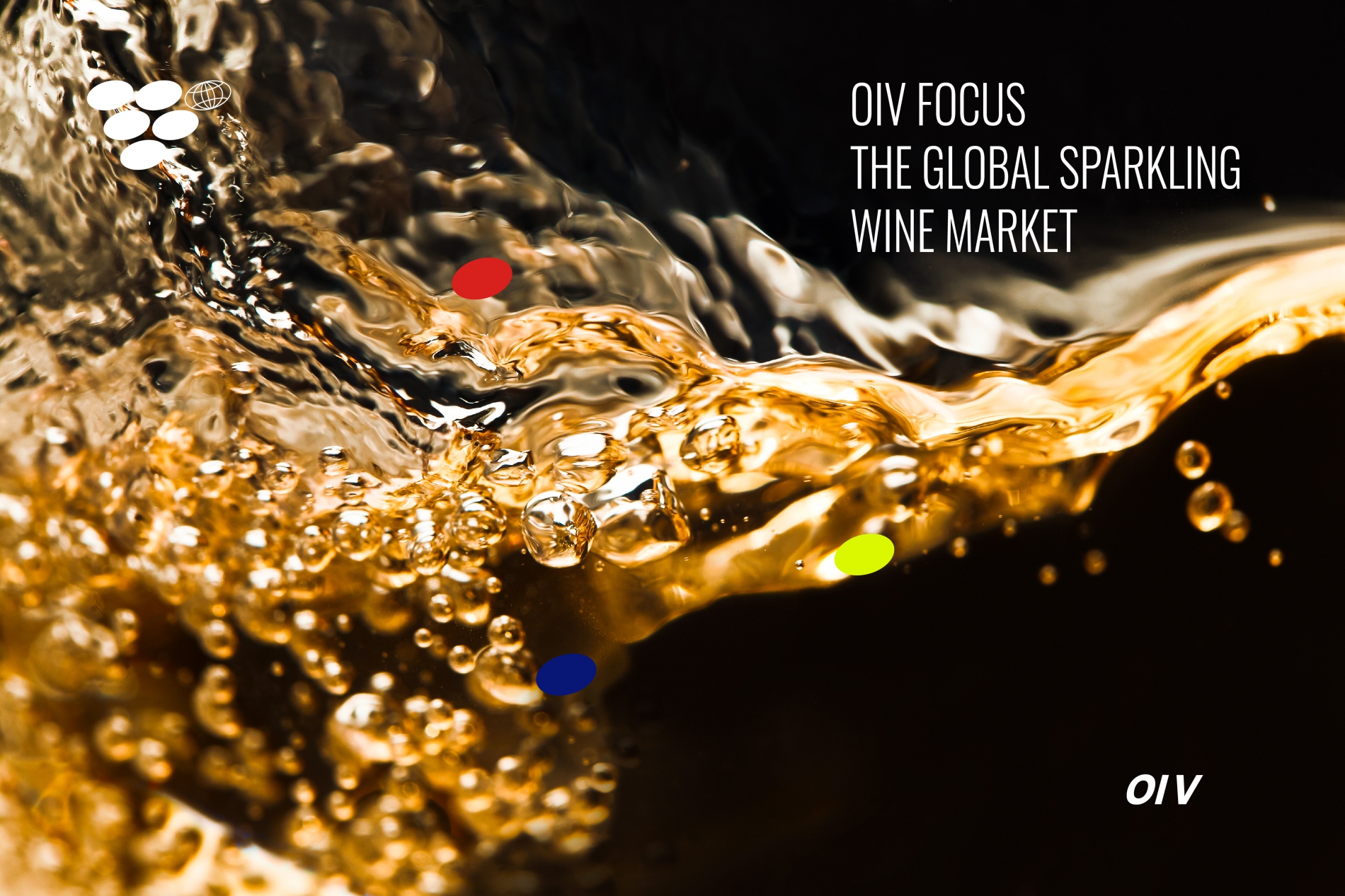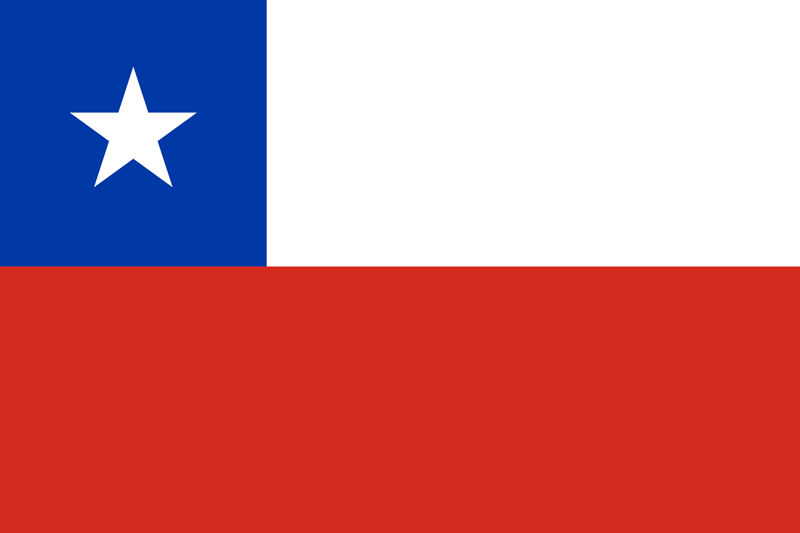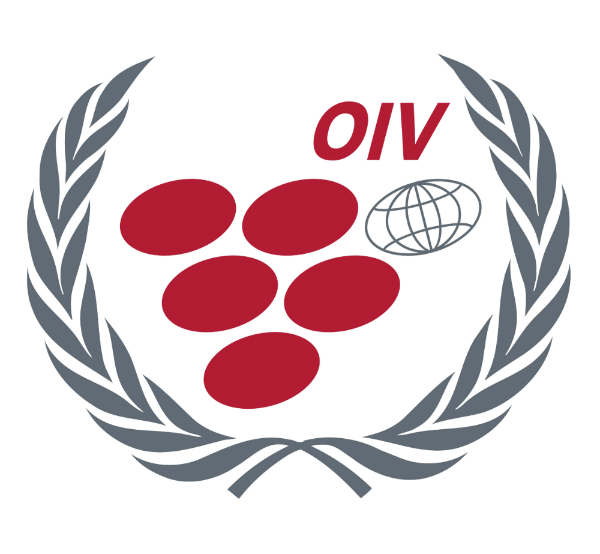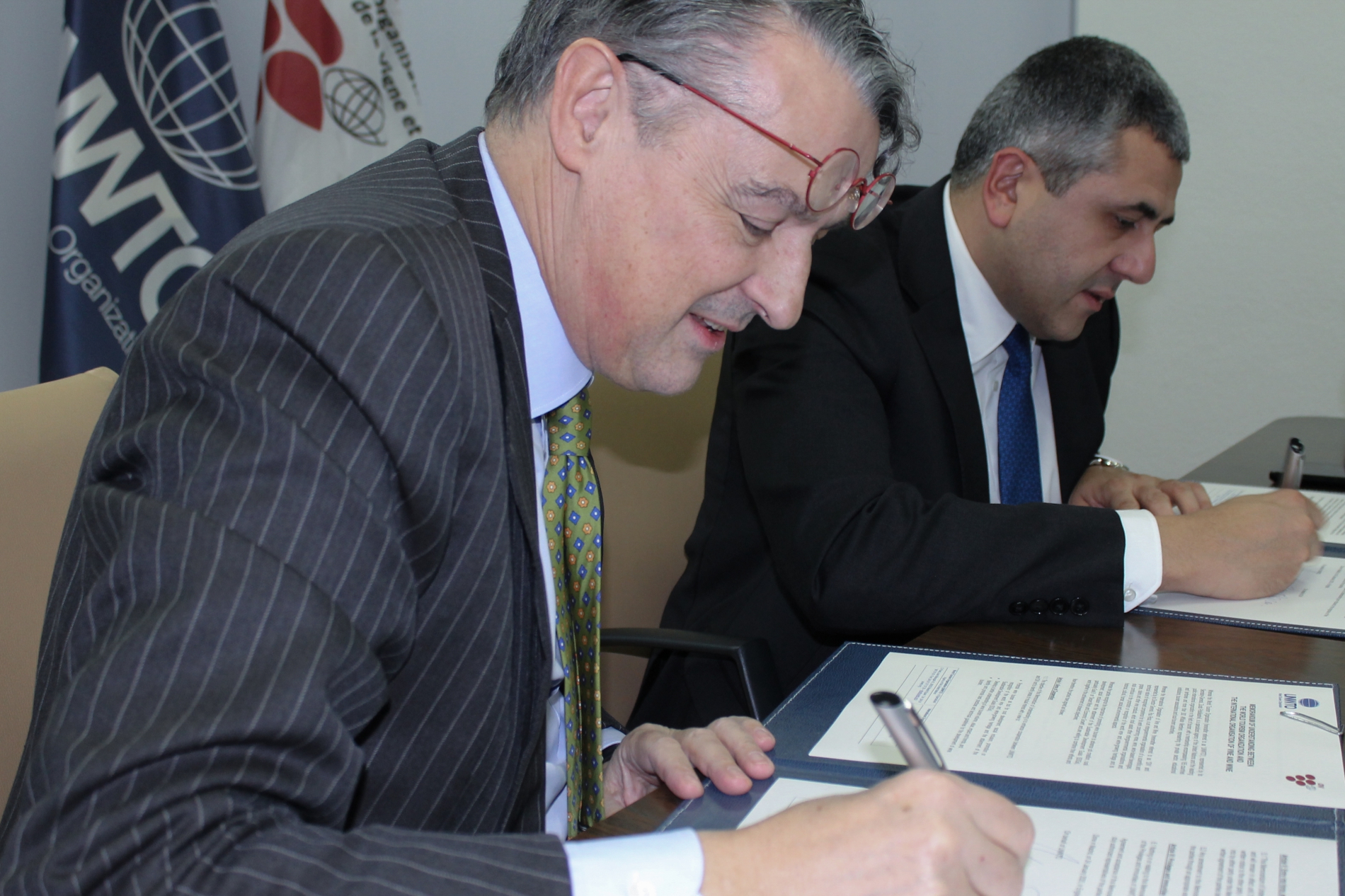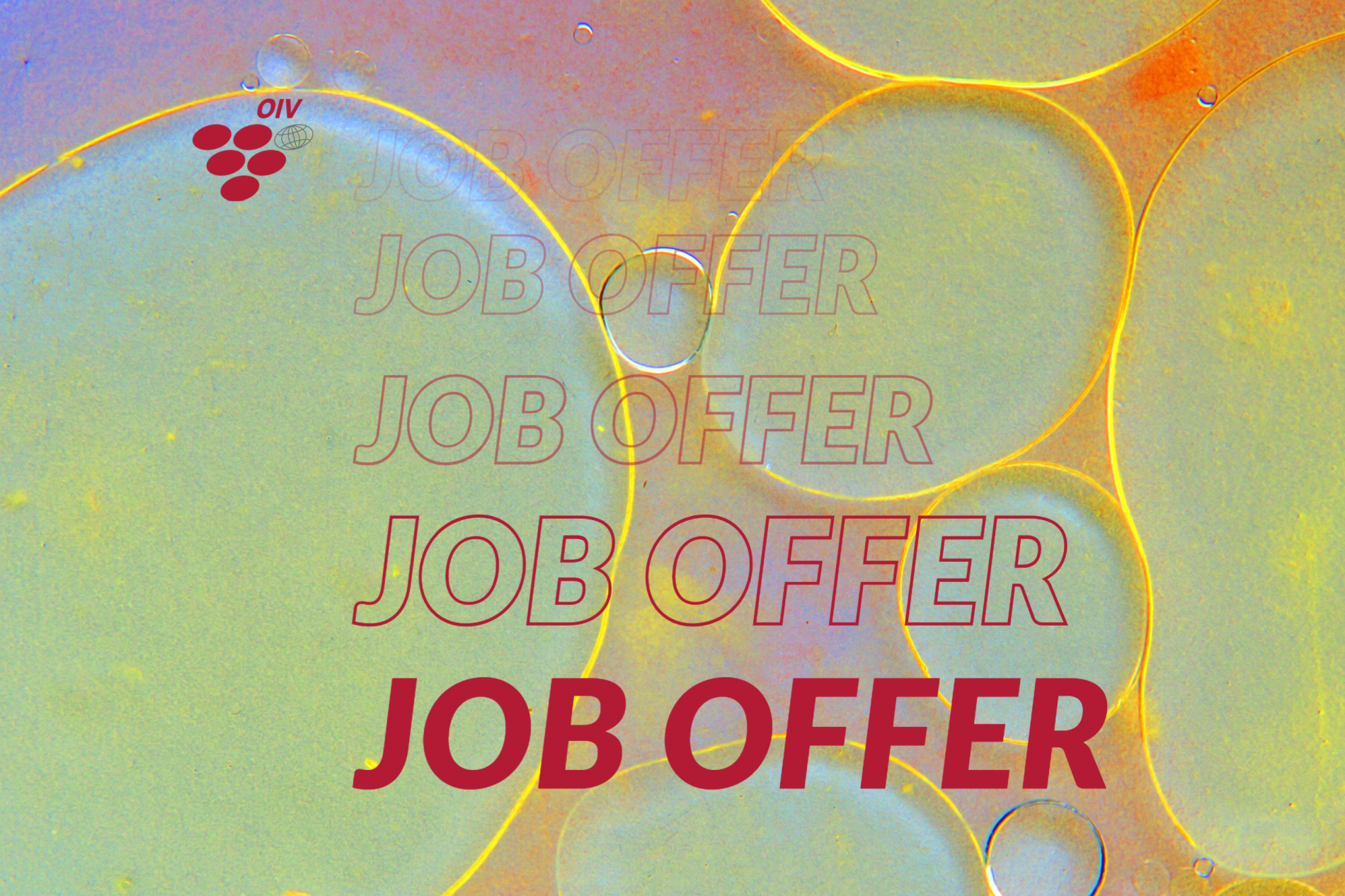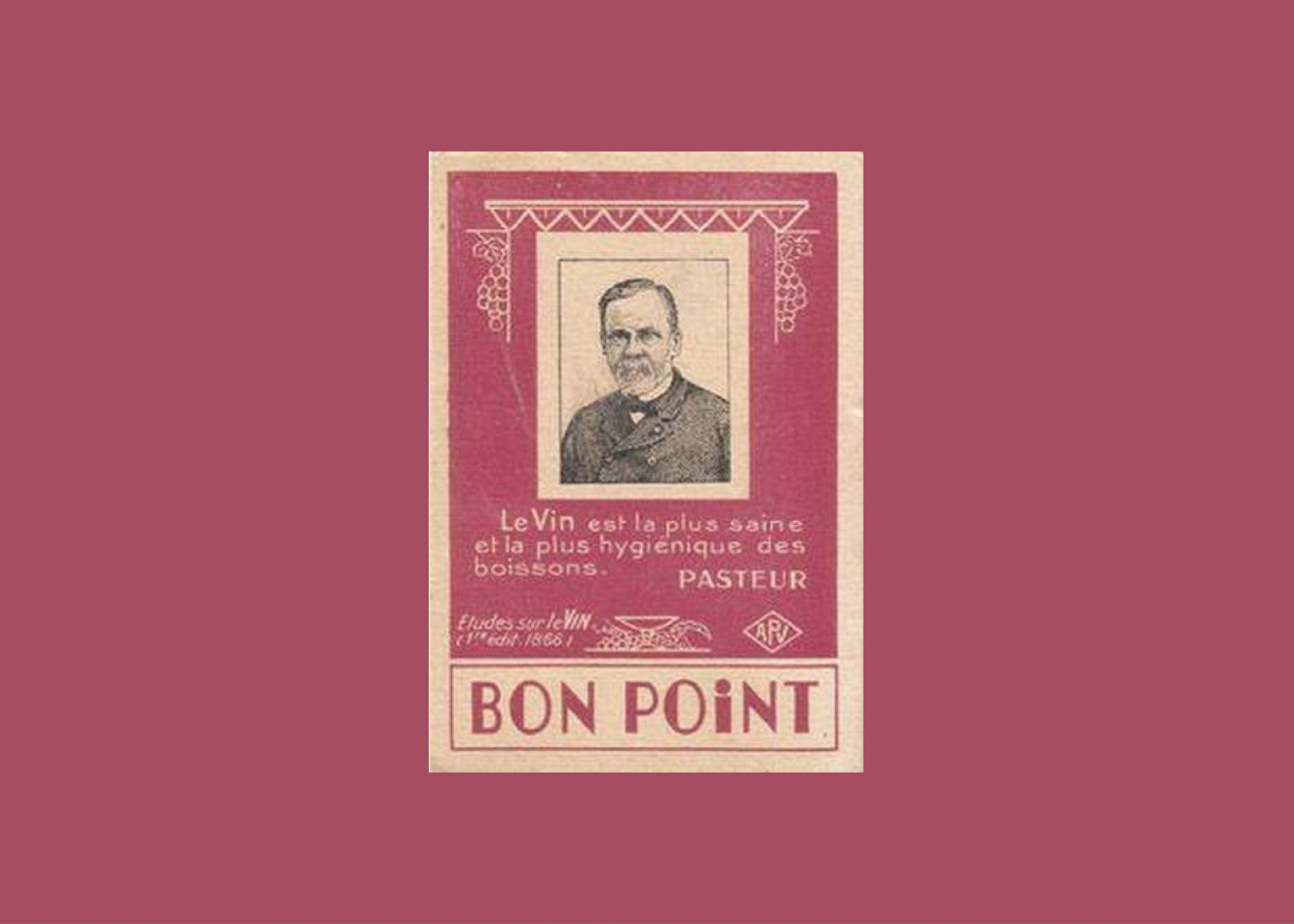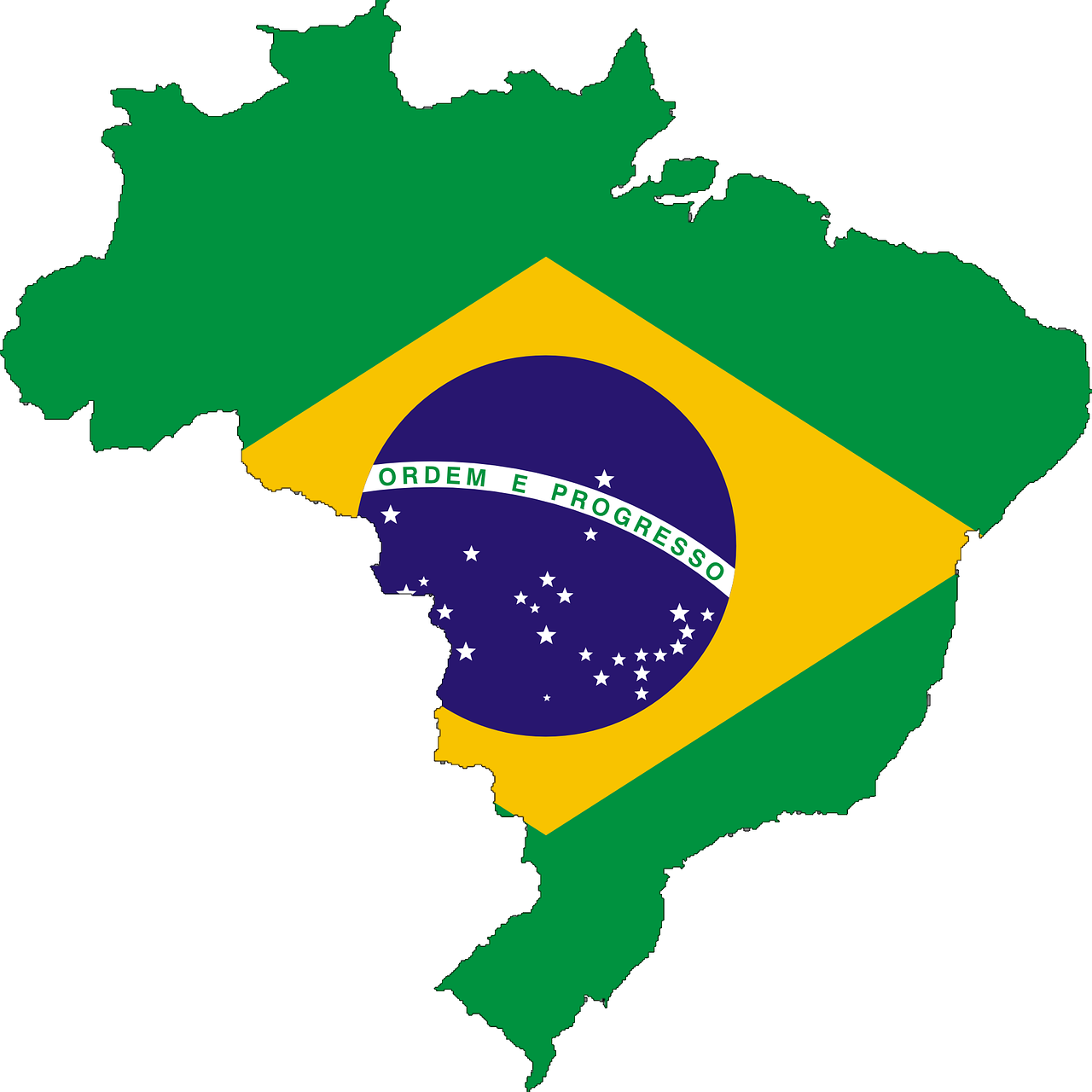15 Apr 2020
Data on 82 countries over the period 2002-2018 was examined in this study, designed to analyse sparkling wine production and consumption at both world and country level as well as to study international trade dynamics.“The global sparkling wine market OIV Focus” is an update of the 2014 focus. In the last twenty years, the sparkling wine market has expanded at a fast pace in response to high global demand. In 2018 world sparkling wine production reached 20 mhl for the first time, with an overall increase of +57% since 2002.Consult: “The global sparkling wine market OIV Focus”A global overview of recent evolutions in sparkling wine sector
13 Apr 2020
On April 9th Director-Generals of the Food and Agricultural Organisation (FAO), Mr Qu Dongyu, in Rome and of the International Organisation of Vine and Wine (OIV), Mr Pau Roca, in Paris, met online in order to comply with general lock-down rules. During this bilateral meeting, the two intergovernmental organisations discussed ways to facilitate closer cooperation. This close cooperation has been maintained in a number of areas of complementary activities such as health, trade and statistics.Indeed, the OIV and the FAO have been working together in the development of appropriate standards for vine and grape products and of limits ( contaminants, residues,..) to protect consumer health and to ensure fair practice in food trade, recognising OIV as an observer in the Codex Alimentarius Commission. The OIV wishes to deepen the excellent cooperation within FAO on safety and quality. Looking to the future, they discussed how to strengthen collaboration between the different Departments of both organisations. Read full press release
04 Mar 2020
In the current circumstances, accordingly with the Steering Committee, and under the precaution principles applicable in these situations, I regret very much to inform you that, the OIV Spring meetings scheduled from 24 March to 3 April 2020 in Paris, France are cancelled and will be postponed.Due to the availability of rooms, the tentative agenda will be to have Sub-Commission of Methods of analysis from 3 to 5 of June, and Commission Enology meetings from 6 to 11 of June, in ParisThe other meetings will be held from 15th to 24th of July 2020 also in Paris.A more detailed agenda will be sent very soon.
02 Feb 2020
After highlighting the intergovernmental, scientific and technical nature of the OIV and its role in facilitating international trade, Chile, one of the Organisation’s 47 Member Countries, has just amended its vitivinicultural regulations to take into account some of the OIV’s recommendations.On 24 December 2019, the Chilean government promulgated a new Decree No. 9 amending Decree No. 78 of 1986 of the Ministry of Agriculture. The purpose of the original Decree was to enact the regulations of Act No. 18.455, which sets out rules for the production, preparation and commercialisation of ethyl alcohols, alcoholic beverages and vinegars. Some modalities of the application of the Decree are specified in resolution 826/2020 of the Ministry of Agriculture published on January 30, 2020The new Decree, which entered into force on 1 January 2020, reiterates that some oenological practices, which have been developed and recommended by the OIV, offer significant technological advances for wine production and foster the increased competitiveness of wines in international trade. It refers to the treatment with potassium polyaspartate in wine, treatment with glutathione (musts / wines), and treatment with selective plant fibres to reduce levels of ochratoxin A or phytosanitary products. Resolution 826/2020 introduces strict requirements regarding obligation for companies to keep registers with dates and volumes of the treatments carried out under the responsibility of an oenologist, as well as declaration to the Control department of the Ministry on the amount of water used and the level of reduction which must not lead to less than 23.5 ° Brix the treated must.This update to Chile's regulations demonstrates the importance of integrating OIV standards into national or supranational regulations, in order to reduce technical barriers to trade.Decree No. 9’s provisions on water useChile’s new Decree modifies some of the previous provisions regarding the use of water in wine production. The addition of water has thus become an authorised practice, under certain conditions, for the reduction of the sugar content in musts with Brix levels over 23.5. This practice is not, however, permitted by the OIV.The Chilean regulations stipulate that water may also be used during winemaking to solubilise additives and rehydrate fermentation yeasts. The volume of must cannot be increased by more than 2% of the initial volume. In reducing this from 5% to 2%, the use of water for cleaning of pressing equipment has been eliminated with this Decree, since this cleaning procedure is no longer considered a winemaking practice.However, water may be used during winemaking to dissolve additives and oenological products. The volume after these treatments cannot have been increased by more than 1.5% of the initial volume of wine (the previous limit was 2%).In view of the disparities among different national regulations with regard to water use, which may lead to trade problems, the OIV has been called upon to find a solution to this issue in the interests of harmonisation.
02 Feb 2020
For any question: jurydesprix@oiv.int2 submission forms: here or jurydesprix@oiv.int
- Paper printed books with PDF / EBook in the 11 categories.
- Interactive digital tool (E-learning, Website…) in the categories: Viticulture and Sustainable Vitiviniculture, Oenology, Vitivinicultural Economy and Law, History, Litterature and Fine Arts, Wine and Health.
27 Jan 2020
In line with the new Strategic Plan 2020-2024, the Director General of the International Organisation of Vine and Wine (OIV), Pau Roca, has signed a Memorandum of Understanding (MoU) with the Secretary-General of the World Tourism Organization (UNWTO), Zurab Pololikashvili, with the objective of promoting wine tourism at the global level. The two intergovernmental organisations met on 24 January at the UNWTO headquarters in Madrid, Spain, to sign this agreement in principle, seeking to give impetus to guidelines and concrete actions designed to foster wine tourism. Pau Roca considers that “this joint work will make it possible to carry out the axes of the Strategic Plan of the OIV and its goals, and at the same time achieve 13 of the 17 Sustainable Development Goals (SDGs) of the United Nations”. The OIV Strategic Plan specifically makes reference to the need to “encourage and participate in the development of wine tourism, viticultural landscape and terroirs, highlighting their importance for society”.Read press release
21 Jan 2020
We are looking for a person with a strong academic background in data science in order to sustain our team and the experts in the digital objectives of the Strategic Plan.Find here the job offer
20 Jan 2020
In 1930, in issue no. 24 of the “BULLETIN INTERNATIONAL DU VIN”, the OIV – then the “International Wine Office”, founded on 29 November 1924 – publishes regulations governing the first O.I.V. Awards.This is a call for applications, firstly, to write text and captions in French or in one of the languages of the OIV “member” countries, and secondly, to illustrate this “promotional leaflet” in support of wine and its health benefits, entitled: “The Truth about Wine”. Candidates are required to indicate the various virtues of drinking wine from “early childhood”: as a “tonic” or “medicinal vehicle in small doses as prescribed by a doctor”. Then they are to specify that, from the age of 10-12, “moderate doses of wine should form part of main meals”. Finally, they are instructed that, for adults, specifically “healthy individuals ... all the reasons in favour of using this beverage should be emphasised”.In France, in the context of the struggle against the prohibitionist laws enacted by the United States, all 1930s promotional campaigns in support of (moderate) wine consumption are illustrated by this quote from Louis Pasteur: “Wine is the most healthful and most hygienic of beverages." Here, a “Bon Point” bearing an image of Louis Pasteur (the “Bon Point” was a reward given to good students in schools).Read full articleVisit the Pandor websiteConsult the OIV Bulletins
13 Jan 2020
The main objectives of this revision – as stated by Brazil – were to prevent deceptive practices and protect consumers, to protect people’s health, and to define requirements regarding the quality and safety of food products.After its notification to the WTO, this revision of the export regulations raised serious concerns among professionals in the sector. There was still, indeed, uncertainty about whether analytical values for each parameter had to be provided on the exporter’s certificate of analysis for every product being brought onto the Brazilian market. Operators in the sector were worried about the considerable increase in costs of the analyses required as of 15 December 2019 to export wines to Brazil. A number of countries did not have the capacity to carry out some of these analyses.Any ambiguity has now been lifted following the publication in the Brazilian Official Journal of Normative Instruction No. 75 of 31 December 2019, which specifies the control procedures and also indicates the official document upon which the implementation of the new measure is to be based (Norma Operacional 01 de 24 de janeiro de 2019). The annex to this standard provides a summary table for each product type with the analytical parameters, their maximum and minimum permitted limits, and the measurement requirements at different control stages.The OIV Secretariat has drafted a summary note on the cycle of revision of the export regulations for wines and vine-derived products in Brazil [here].
01 Jan 2020
In 2016, he was presented with the OIV Grand Prix Award in recognition of his exceptional work. This tribute to the author of the Dictionnaire encyclopédique des cépages et de leurs synonymes (Encyclopaedic dictionary of vine varieties and their synonyms) symbolises the OIV’s acknowledgement of his contribution to the dissemination of knowledge of the wine sector and the role of ampelography in the development of viticultural sciences.His astounding memory and scientific knowledge have repeatedly drawn the utmost admiration from numerous researchers, who have been able to access this extraordinary wisdom through his internationally renowned work:1947 - Istanbul, Turkey: honorary diploma for the book written with Henri Agnel, Les Porte-greffes (Rootstocks). 1953 - Rome, Italy: Jury Award in the “Viticulture” category for his book, Précis d'ampélographie pratique (Handbook of Practical Ampelography).1963 - Paris, France: Jury Award in the “Viticulture” category for his book, Cépages et vignobles de France (Vine varieties and vineyards of France), tomes 1 & 2.1979 - Stuttgart, Germany: “Viticulture” Award for his book Les Maladies et les parasites de la vigne (Vine diseases and parasites), tome 1.1983 - Johannesburg, South Africa: Jury award of special recognition in the “Viticulture” category, with a silver medal, for the collective body of his work.2001 - Adelaide, Australia: Jury “Viticulture” Award with a silver medal for his book, Cépages et vignobles de France (Vine varieties and vineyards of France), 2nd edition, tomes 1 & 2.2006 - Paris, France: Jury Award in the “Viticulture” category for his book, Cépages et vignobles de France (Vine varieties and vineyards of France), 2nd edition, tome 3 (2 volumes).2016 - Paris, France: OIV Grand Prix Award for his contribution to the dissemination of knowledge of the wine sector and in acknowledgement of his internationally recognised work.
